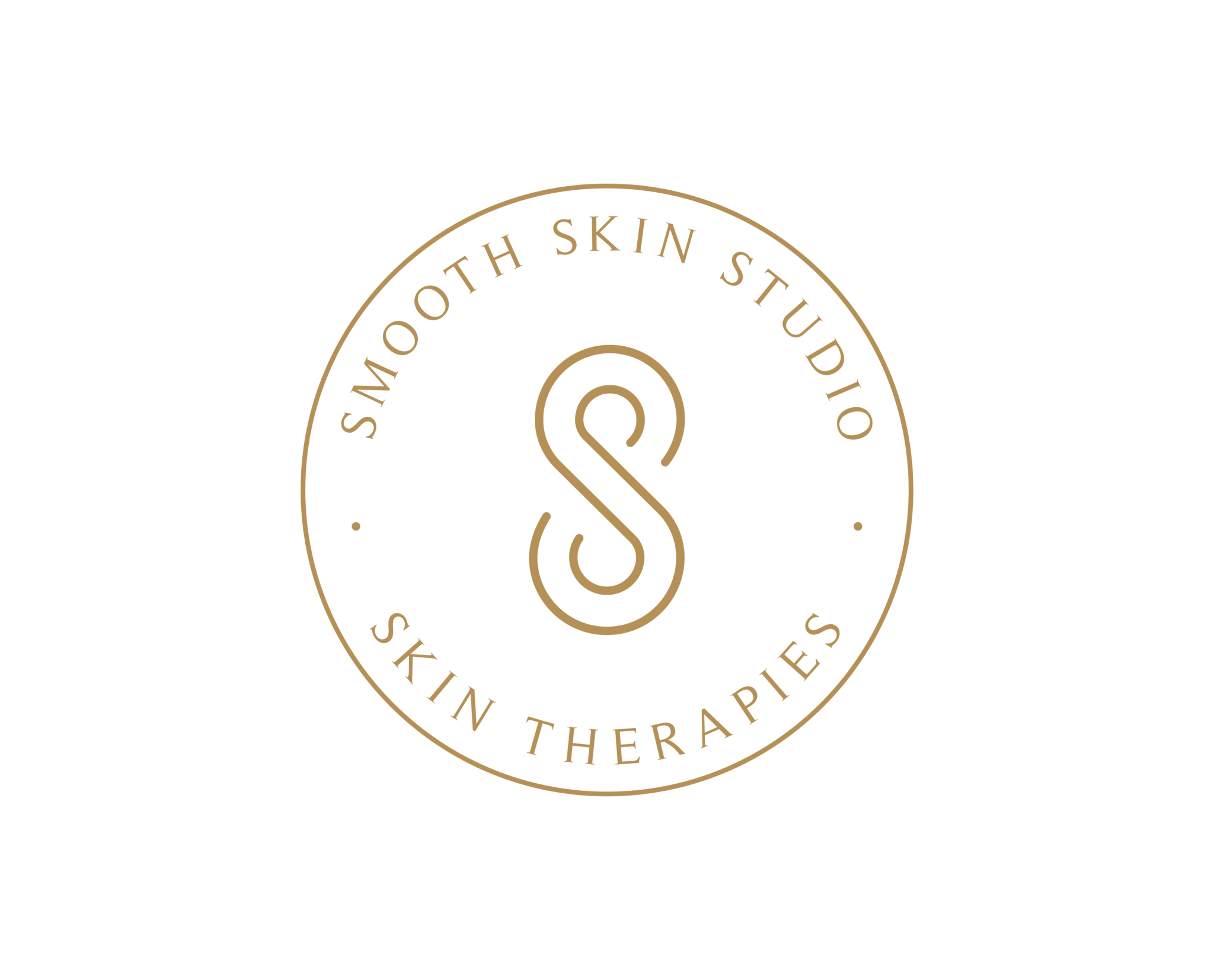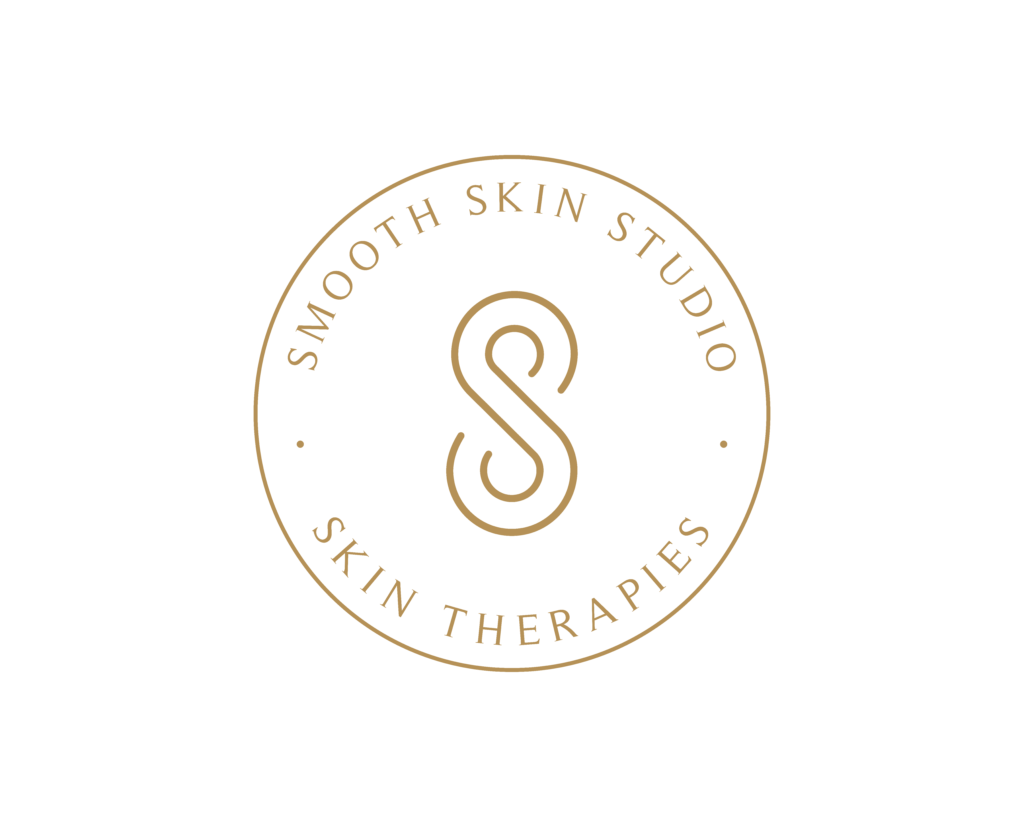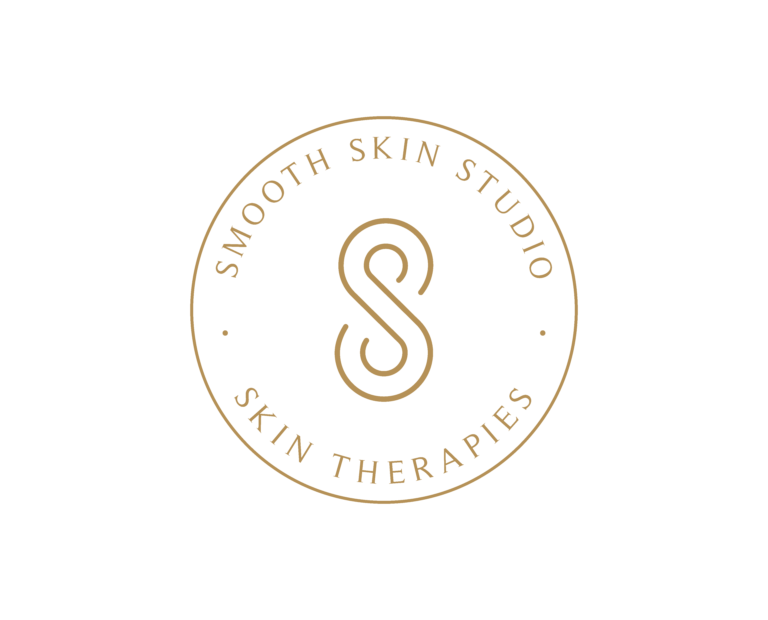Your skin is your largest organ and can help protect your body from harmful environmental factors such as UV radiation, pollution, and bacteria. Keeping your skin strong is essential for maintaining a healthy and vibrant appearance, protecting your body, and promoting overall well-being.
A balanced and nourished complexion can slow down the signs of aging such as fine lines, wrinkles, and sagging skin. Your skin’s appearance can affect your self-confidence and overall well-being. When your skin looks healthy and radiant, you may feel more confident and positive about yourself.
Additionally, certain skin conditions or issues may be a sign of underlying health problems, such as vitamin deficiencies or autoimmune disorders.
In this article, we will discuss simple and effective practices for healthy skin.

1. Stay hydrated
Hydration is essential for healthy skin as it helps to maintain the skin’s moisture balance, prevent dryness, and keep the skin looking plump and supple. Here are some reasons why hydration is important for skin health:
- Moisturization: Adequate hydration helps to moisturize the skin, which can prevent dryness and flakiness. When the skin is properly moisturized, it appears smoother and more supple.
- Protection: Well-hydrated skin acts as a protective barrier against environmental stressors, such as pollution and UV rays, which can cause damage and premature aging.
- Anti-aging benefits: Dehydrated skin can lead to the appearance of fine lines and wrinkles. Keeping the skin hydrated can help to plump up the skin and reduce the appearance of these signs of aging.
- Improved complexion: When the skin is properly hydrated, it appears brighter and more radiant. This is because hydration helps to improve blood flow and oxygen delivery to the skin.
- Better skin function: Proper hydration is essential for the proper functioning of the skin. It helps to regulate body temperature and allows the skin to maintain its natural protective barrier.
In addition to drinking enough water, it’s also important to use moisturizers and other skincare products that can help to lock in hydration and keep the skin healthy and glowing.
2. Eat a healthy diet
Eating a healthy and balanced diet is crucial for healthy skin. Foods that are high in vitamins, minerals, and antioxidants can help to protect your skin from damage and keep it looking youthful. Some of the best foods for healthy skin include leafy greens, fruits, nuts, and seeds.
It’s important to maintain a balanced and varied diet to ensure that you get all the necessary vitamins and nutrients for healthy skin. If you suspect that you have a vitamin deficiency, it’s recommended to consult a healthcare professional for proper diagnosis and treatment.
3. Get enough sleep
Getting enough sleep is important for maintaining healthy skin. Here are some reasons why:
- Skin repair: During sleep, the body repairs and regenerates skin cells. Adequate sleep helps to speed up the healing process of any skin damage, such as acne or sunburn.
- Reduced inflammation: Lack of sleep can lead to an increase in inflammation in the body, which can exacerbate skin conditions such as acne, psoriasis, and eczema. Getting enough sleep can help to reduce inflammation and promote healthy skin.
- Improved blood flow: During sleep, blood flow to the skin increases, delivering vital nutrients and oxygen to the skin cells. This can help to give the skin a healthy glow.
- Reduced stress: Lack of sleep can increase stress levels, which can lead to the release of stress hormones like cortisol. High levels of cortisol can lead to skin problems such as acne, eczema, and psoriasis. Getting enough sleep can help to reduce stress and keep the skin healthy.
- Fewer wrinkles: Lack of sleep can cause the skin to appear tired and aged. During sleep, the body produces collagen, a protein that helps to keep the skin firm and elastic. Adequate sleep can help to reduce the appearance of wrinkles and fine lines.
Overall, getting enough sleep is essential for healthy skin. Aim for 7-9 hours of sleep each night to reap the benefits of restful sleep.
4. Protect your skin from the sun
Sun damage is one of the leading causes of premature aging and skin damage.
It is important to protect your skin from the sun because prolonged exposure to ultraviolet (UV) radiation can cause a range of skin problems, including:
- Sunburn: Sunburn is a common result of excessive sun exposure. It can cause the skin to become red, swollen, and painful.
- Premature aging: Exposure to UV radiation can lead to premature aging, including wrinkles, fine lines, and age spots.
- Skin cancer: Exposure to UV radiation is the primary cause of skin cancer, which is the most common type of cancer in the United States.
- Melasma: Melasma is a condition that causes dark, discolored patches of skin on the face. It is often caused by excessive sun exposure.
- Eye damage: Exposure to UV radiation can damage the eyes, leading to conditions such as cataracts and macular degeneration.
To protect your skin from the sun, it’s important to take steps such as:
- Wearing protective clothing, such as long-sleeved shirts, hats, and sunglasses.
- Using a broad-spectrum sunscreen with an SPF of at least 30, and reapplying every two hours.
- Avoiding direct sunlight during peak hours when the sun’s rays are the strongest, typically between 10 a.m. and 4 p.m.
- Seeking shade, especially during peak hours.
- Avoiding tanning beds and sun lamps, which can emit UV radiation.
By taking these steps, you can reduce your risk of skin damage and protect your skin’s health over the long term.
5. Cleanse your skin regularly
Cleansing your skin is essential for removing dirt, oil, and impurities that can clog your pores and lead to breakouts. Use a gentle cleanser that is appropriate for your skin type, and avoid harsh soaps or scrubs that can irritate your skin. Wash your face twice a day, in the morning and before bed, and follow up with a moisturizer to keep your skin hydrated.
6. Moisturize your skin
Moisturizing your skin is essential for keeping it hydrated and healthy. Use a moisturizer that is appropriate for your skin type, and apply it after cleansing your skin. Moisturizers help to prevent dryness, flakiness, and irritation, and they can also help to reduce the appearance of fine lines and wrinkles.
7. Exfoliate your skin
Exfoliating your skin is essential for removing dead skin cells that can clog your pores and lead to breakouts. Use a gentle exfoliating scrub once or twice a week, depending on your skin type, to keep your skin looking fresh and smooth. Avoid using harsh scrubs or exfoliants that can damage your skin.
8. Manage stress
Stress can have a significant impact on your skin. It can lead to breakouts, redness, and other skin issues. Managing stress is essential for healthy skin. Try techniques like meditation, yoga, or deep breathing to help reduce stress and promote relaxation.
9. Avoid smoking
Smoking is not only bad for your overall health, but it can also damage your skin in many ways:
- It causes less oxygen to reach the skin, leading to a dull, grayish complexion
- It dehydrates your body, promoting dryness, flakiness, and rough skin texture
- It impairs the body’s ability to heal wounds, increasing the risk of scarring.
- It is a known risk factor for many types of cancer, including skin cancer.
- It can cause yellowing of the skin, particularly on the fingers and nails, due to the accumulation of nicotine and other toxins in the body.
- It can worsen acne, as it increases inflammation in the body and reduces blood flow to the skin.
Overall, smoking has a range of negative effects on the skin, and quitting smoking is one of the best things you can do to improve your skin’s health and appearance.
10. Consult a dermatologist
If you have persistent skin issues or concerns, it is essential to consult a dermatologist. This specialist can help you to identify the underlying cause of your skin issues and provide you with the best course of treatment. They can also recommend specific products or treatments that can help to alleviate your symptoms, prevent future concerns and improve your skin health beyond what natural treatments and practices can offer.
Related Tags: Hydro Facial



